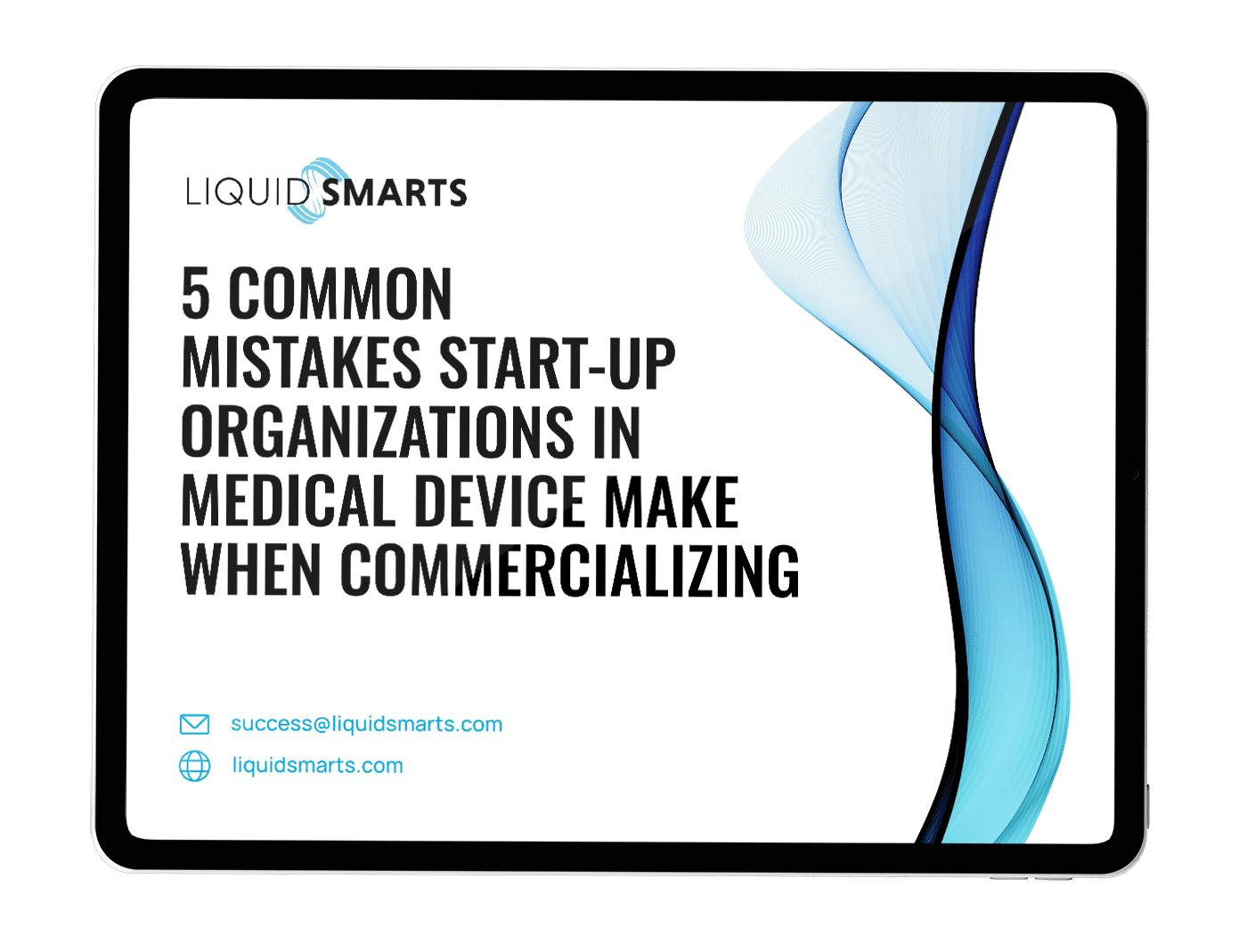As technology evolves, healthcare ecosystems have become a crucial platform for innovation. Healthcare ecosystems are vibrant networks catalyzing a paradigm shift in healthcare, providing a fertile ground for new technologies and solutions to emerge and thrive.
By harnessing the power of these ecosystems, we can usher in a new era of personalized, patient-centric health solutions that not only enhance patient care but also transform the overall healthcare landscape.
Understanding Healthcare Innovation Ecosystems
In the simplest sense, a healthcare innovation ecosystem is a network of diverse stakeholders, such as healthcare providers, payers, patients, technology companies, and government agencies, all working collectively to foster innovation and improve healthcare outcomes. These ecosystems are driven by a shared vision of creating more efficient, effective, and personalized healthcare services.
In the broader context, healthcare innovation ecosystems are transformative vehicles that can reshape the healthcare industry by leveraging the combined strengths of different stakeholders. They enable the development and deployment of cutting-edge health technologies, foster cooperation between different entities, and eliminate inefficiencies.
The rise of these ecosystems signals a significant shift from the traditional healthcare model towards a more integrated, patient-centric approach. They accelerate innovation and drive disruptive changes in the industry.
The Role of Technology in Healthcare Innovation Ecosystems
Technology plays a central role in healthcare innovation ecosystems. It enables the creation of new health solutions and facilitates seamless collaboration and information exchange between different stakeholders.
From artificial intelligence (AI) and cloud computing to data analytics and telemedicine, various Industry 4.0 technologies are leveraged to enhance healthcare quality and improve patient outcomes. These technologies also help address longstanding industry inefficiencies, paving the way for more affordable, high-quality, and personalized healthcare services.
The COVID-19 pandemic has brought about significant changes in the healthcare industry, particularly in the use of technology. Telemedicine, for instance, has become a popular alternative to in-person consultations, enabling healthcare providers to deliver care to patients remotely. This has proven to be a game-changer in a time where social distancing and limited physical contact were crucial in curbing the spread of the virus.
Moreover, the pandemic has highlighted the importance of technology in healthcare innovation ecosystems. Technology has enabled healthcare systems to adapt and respond to the challenges posed by the pandemic, such as the need for remote patient monitoring and virtual triage. Technology allowed healthcare providers to efficiently manage patient care, even in a physically distant world.
Overall, the COVID-19 pandemic has accelerated technology adoption in healthcare, paving the way for more innovative solutions in the future. As we continue to navigate this pandemic, the role of technology in healthcare will undoubtedly remain critical.
The Impact of Healthcare Innovation Ecosystems on Patient Care
Healthcare innovation ecosystems have a profound impact on patient care. These ecosystems transform how care is delivered by enabling the rapid development and deployment of new health solutions.
Predictive analytics and AI in healthcare have revolutionized how healthcare providers deliver personalized patient care. Healthcare providers can tailor their treatment plans to optimize outcomes by understanding patients’ unique preferences and needs. Additionally, telemedicine platforms have made healthcare services more convenient and accessible. Patients can now receive medical advice and treatment remotely without leaving their homes or workplaces. Integrating these technologies into healthcare has improved patient outcomes and overall quality of care.
Healthcare innovation ecosystems are a vital aspect of modern healthcare, as they promote a shift in focus from treating illness to promoting overall health. These ecosystems facilitate real-time and longitudinal data analysis to anticipate future health needs and enable proactive care. By analyzing the available large amounts of data, healthcare providers can better understand the patterns and risk factors associated with various health conditions, allowing them to take proactive steps to prevent illness before it occurs. This approach is fundamental today, where chronic diseases affect more people and healthcare costs are skyrocketing. With the help of healthcare innovation ecosystems, we can work towards a healthier future for all.
Overcoming Challenges in Healthcare Innovation Ecosystems
Healthcare innovation ecosystems refer to the interconnected network of organizations, institutions, and individuals that work together to promote and facilitate innovation in healthcare. These ecosystems have great potential to drive advancements in healthcare, from developing new treatments and technologies to improving patient outcomes and experiences.
However, there are also various challenges that healthcare innovation ecosystems must navigate to realize their potential fully. One of the primary challenges is the healthcare industry’s complex and often fragmented nature. With many stakeholders involved, from patients and providers to payers and policymakers, aligning incentives and coordinating efforts can be difficult.
Another challenge is the need for effective collaboration and communication across different organizations and disciplines. To drive innovation, stakeholders must work together and share knowledge and resources. However, this can be difficult given the different stakeholders’ diverse perspectives, interests, and priorities.
Finally, there are also regulatory and financial barriers that can hinder innovation in healthcare. For example, strict clinical trial and drug approval regulations can make it difficult for new treatments to reach the market. Similarly, limited funding and resources can make it difficult for startups and smaller organizations to compete with more significant, established players.
The healthcare innovation ecosystems possess immense potential to bring about significant transformations in the industry despite facing numerous challenges. Stakeholders must join forces to overcome these obstacles and establish a healthcare system that is more streamlined and impactful for patients and providers alike. The healthcare industry can unlock new avenues of growth and progress toward a healthier future by harnessing the power of technology, data-driven insights, and collaborative partnerships.
The Future of Healthcare Innovation Ecosystems
Technological advancements such as telemedicine, wearables, and artificial intelligence have affected the healthcare industry. Collaboration among stakeholders, including healthcare providers, payers, patients, and technology companies, has become increasingly important to drive innovation. For example, medical device companies are partnering with healthcare providers to develop and test new technologies to improve patient outcomes and reduce costs. Additionally, pharmaceutical companies collaborate with technology companies to improve drug development and delivery. These collaborations are expected to bring unprecedented changes to the healthcare industry, benefiting patients and improving overall healthcare outcomes.
The digital transformation of the healthcare industry is rapidly creating new opportunities for healthcare ecosystems. These ecosystems are networks of organizations, technologies, and people that work together to promote better patient health outcomes. By leveraging data and analytics, healthcare ecosystems can support value-based care models and deliver personalized health services to patients.
For example, a healthcare ecosystem might include a hospital, a primary care provider, a specialist, a pharmacy, and a home health agency. These organizations would coordinate care for a patient with a chronic disease, such as diabetes. The healthcare ecosystem can help patients manage their condition and avoid complications by sharing data and collaborating on treatment plans.
Healthcare ecosystems are crucial in responding to public health crises. By sharing data and resources, healthcare organizations can quickly identify and respond to outbreaks, track the spread of the virus, and develop effective treatments and vaccination delivery systems. Healthcare ecosystems also provide a platform for educating the public about health risks and prevention strategies.
Healthcare ecosystems are an essential part of the digital transformation of the healthcare industry. By promoting collaboration, data sharing, and innovation, healthcare ecosystems can improve health outcomes, reduce costs, and enhance the patient experience. These ecosystems transform the healthcare industry, creating a path toward a healthier future.
References
- Healthcare Innovation Ecosystems as Transformative Enterprises
- Innovation Ecosystems in Healthcare
- The Role of Technology in Healthcare Innovation Ecosystems
- The Impact of Healthcare Innovation Ecosystems on Patient Care
- Overcoming Challenges in Healthcare Innovation Ecosystems
- The Future of Healthcare Innovation Ecosystems
Additional Reading
- Innovation Ecosystems in Health Care – Deloitte
- The Next Wave of Healthcare Innovation – McKinsey
- Healthcare Innovation Ecosystems – ScienceDirect
- How Healthcare Innovation Ecosystems Accelerate Transformation – Physicians Insurance
- Healthcare Ecosystems – The App Solutions
- Healthcare Innovation Ecosystems – PubMed
- Healthcare Innovation Ecosystems as Transformative Enterprises – Emerald Insight
- Innovation Ecosystems in Healthcare – IEEE Xplore







